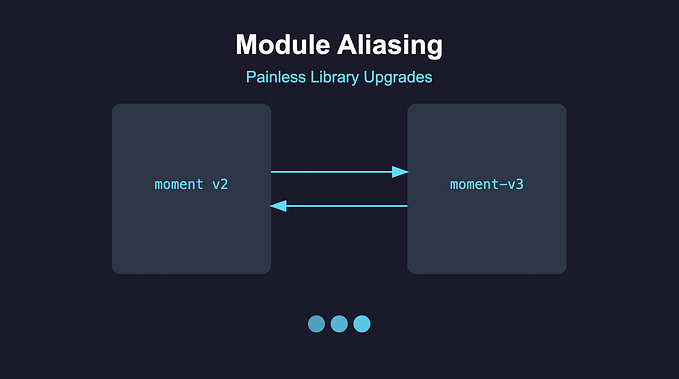How To Hire A Software Developer?
Hiring a software developer involves several steps to ensure you find the right candidate with the necessary skills and fit for your team. Here’s a comprehensive guide on how to hire a software developer:
1. Define Your Needs
- Project Scope: Clearly outline the project requirements, technologies needed, and the expected deliverables.
- Skills Required: Determine the specific technical skills, experience level, and any industry-specific knowledge required.
- Type of Developer: Decide if you need a front-end, back-end, full-stack developer, or a specialist in a particular technology.
2. Choose the Hiring Model
- Freelancers: Ideal for short-term projects or specific tasks.
- In-house Developers: Suitable for long-term projects and if you want developers to be part of your permanent team.
- Development Agencies: Good for large projects requiring a team of developers with different skill sets.
- Outsourcing: Cost-effective for projects where you can manage remote teams effectively.
3. Create a Job Description
- Title and Role: Clearly state the job title and role.
- Responsibilities: List the key responsibilities and tasks the developer will handle.
- Skills and Qualifications: Specify the required technical skills, education, and experience.
- Company Information: Provide a brief overview of your company, culture, and the benefits you offer.
4. Source Candidates
- Job Boards: Post your job on platforms like LinkedIn, Indeed, Glassdoor, Stack Overflow, and GitHub.
- Recruitment Agencies: Use agencies specializing in tech recruitment.
- Social Media: Leverage social media platforms to reach a broader audience.
- Networking: Attend tech meetups, conferences, and industry events.
5. Screen Resumes and Applications
- Technical Skills: Look for relevant technical skills and experience in the candidate’s resume.
- Project Experience: Assess their past projects and contributions.
- Soft Skills: Evaluate communication, problem-solving abilities, and teamwork skills.
6. Conduct Interviews
- Technical Interviews: Use coding challenges, technical tests, and real-world problem-solving scenarios to assess their technical competence.
- Behavioral Interviews: Ask questions to evaluate their cultural fit, work ethic, and collaboration skills.
- Project-Based Assessments: Assign a small project or task to see how they approach problem-solving and coding.
7. Check References
- Past Employers: Contact previous employers to verify the candidate’s experience and performance.
- Colleagues: Speak with former colleagues to get insights into their teamwork and interpersonal skills.
8. Make an Offer
- Salary and Benefits: Offer a competitive salary and benefits package based on market rates and the candidate’s experience.
- Contract Terms: Clearly outline the terms of employment, including job responsibilities, working hours, and any probationary period.
- Onboarding Process: Provide details about the onboarding process and initial training.
9. Onboard and Integrate
- Welcome Package: Prepare a welcome package with necessary resources, tools, and information about the company.
- Mentorship: Assign a mentor or buddy to help the new hire integrate into the team.
- Set Expectations: Clearly communicate project goals, timelines, and performance expectations.
Read More: What Is the Meaning of Staff Augmentation?
Tips for Successful Hiring
- Clear Communication: Maintain transparent and timely communication throughout the hiring process.
- Diversity and Inclusion: Promote a diverse and inclusive hiring process to bring varied perspectives to your team.
- Continuous Improvement: Regularly review and improve your hiring process based on feedback and experiences.
By following these steps, you can effectively hire a software developer who not only meets your technical requirements but also fits well with your team and company culture.





